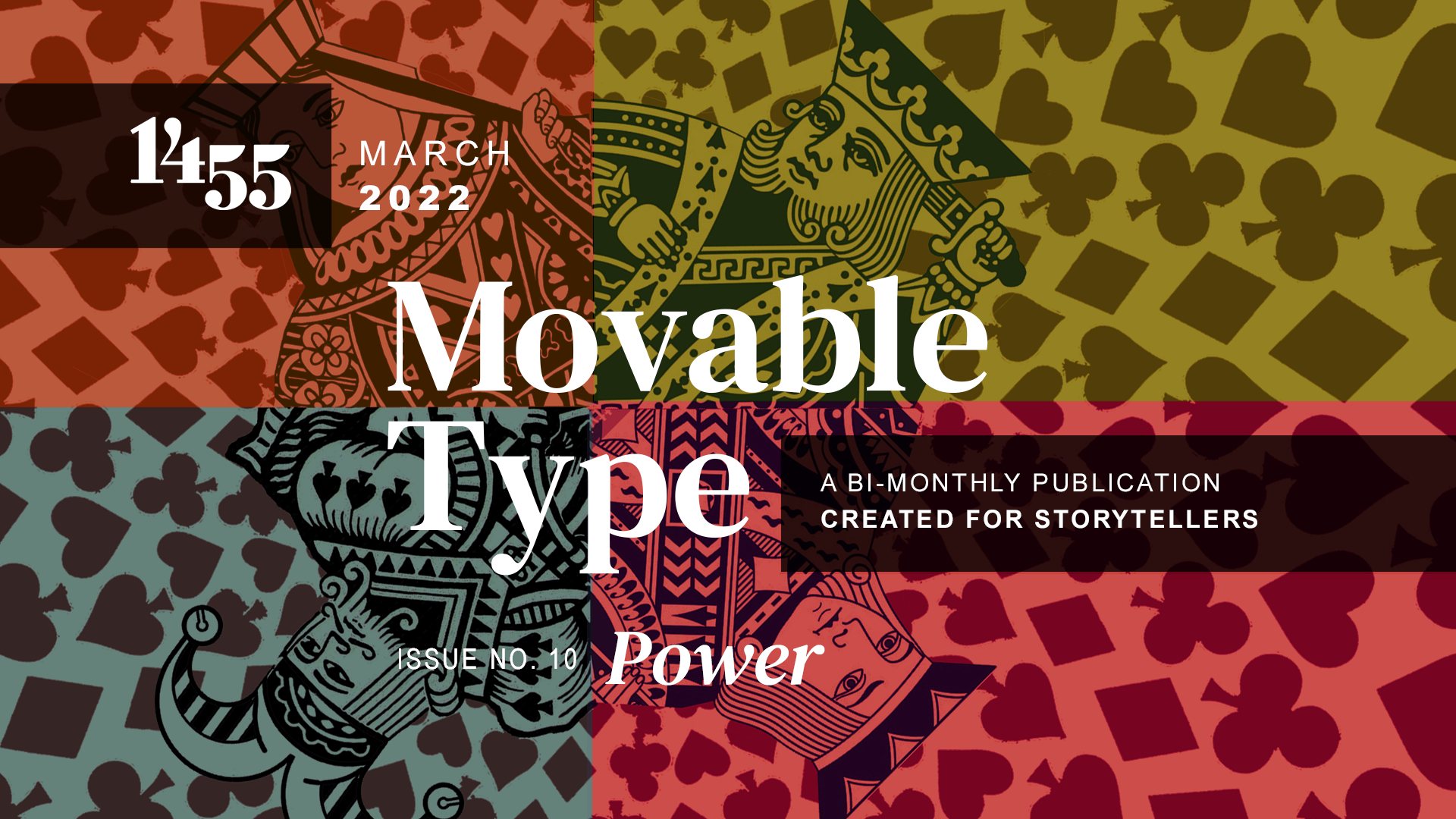Matt Davis
2/25/22: A Meditation on Events in Ukraine
This week, Russian forces invaded Ukraine without provocation. Its planes and missiles streaked across Ukrainian skies, its tanks drove across Ukrainian streets, its troops moved across Ukrainian land. Innocent civilians have already died and sadly, many more will likely perish in the coming days and weeks while thousands of others will be forced to leave their peaceful homes and families.
Yesterday morning, my four-year-old painted a picture he said was meant to stop the war. He had heard my wife and I discussing it, saw some of the words and images on our television, and painted a picture with, he said, “trapdoors” to stop the violence. If my son, safe in Washington, DC, had these thoughts, I could only imagine what the four-year-olds of Ukraine must be thinking and feeling, what paintings they would paint.

Though the Cheuse Center is an organization that frames literature and creative writing within the broader context of global affairs, we are not an organization that often comments on the day-to-day happenings in our complex world. Yet this week feels different.
Russian President Vladimir Putin has attacked a free, democratic European state for abhorrent reasons. Publicly, the language he is using to justify his country’s attack reeks of cynicism and malevolent lies. Claiming he needs to “De-Nazify” Ukraine is not only an erroneous description of contemporary Ukraine—whose half-Jewish President Volodymyr Zelensky had relatives fight and die in a real war against Nazism —it is a dangerous linkage to one of our contemporary world’s darker moments.
That one country should, unprovoked, invade a free, independent country is abhorrent. The fact that Ukraine is the target of this military action is tragic. Ukraine has seen more bloodshed and trauma within the past 100 years than most countries see throughout their existence.
This week has, unfortunately, emphasized an historic trend: Democracy is embattled, and it is likely that if we are to keep both our own democracy and the flame of democratic liberalism alive across the world that we are going to have to fight for it, hopefully not through arms but certainly with words.
In the past year, we have begun to expand our mission to focus on writers whose lives are at risk in their home countries for their creative work and thought. Undergirding this expansion of our mission is the belief in freedom of expression, the power of literature to impact change, and the promise that democratic societies have for their artists and citizens. In the wake of Russia’s invasion of Ukraine and the uncertainty this brings for Europe and liberal democracy across the world, this mission seems as vital as ever.
As a tribute and in solidarity, we created a special Weekend Reading section for Ukraine. There you will find both articles that offer context to what is currently happening in Europe, but also some excerpts from Ukraine’s rich literary tradition.

Matthew Davis is the founding director of the Alan Cheuse International Writers Center. He’s the author of When Things Get Dark: A Mongolian Winter’s Tale and his work has appeared in the New Yorker, the Atlantic, the Washington Post Magazine and Guernica, among other places. He has been an Eric and Wendy Schmidt Fellow at New America, a Fellow at the Black Mountain Institute at UNLV, and a Fulbright Fellow to Syria and Jordan. He holds an MFA in nonfiction writing from the University of Iowa and an MA in International Relations from the Johns Hopkins School of Advanced International Studies.
Davis has long merged the worlds of creative writing and international relations and has been a beneficiary and proponent of cultural diplomacy and international exchange. He joined the Peace Corps in Mongolia after college, lived in Syria and Jordan as a Fulbright Fellow and worked with the International Writing Program at the University of Iowa. He is a firm believer that one of the best ways of understanding the world is through its diverse literatures.
Learn more about Matt and his work at the Cheuse Center at cheusecenter.gmu.edu


